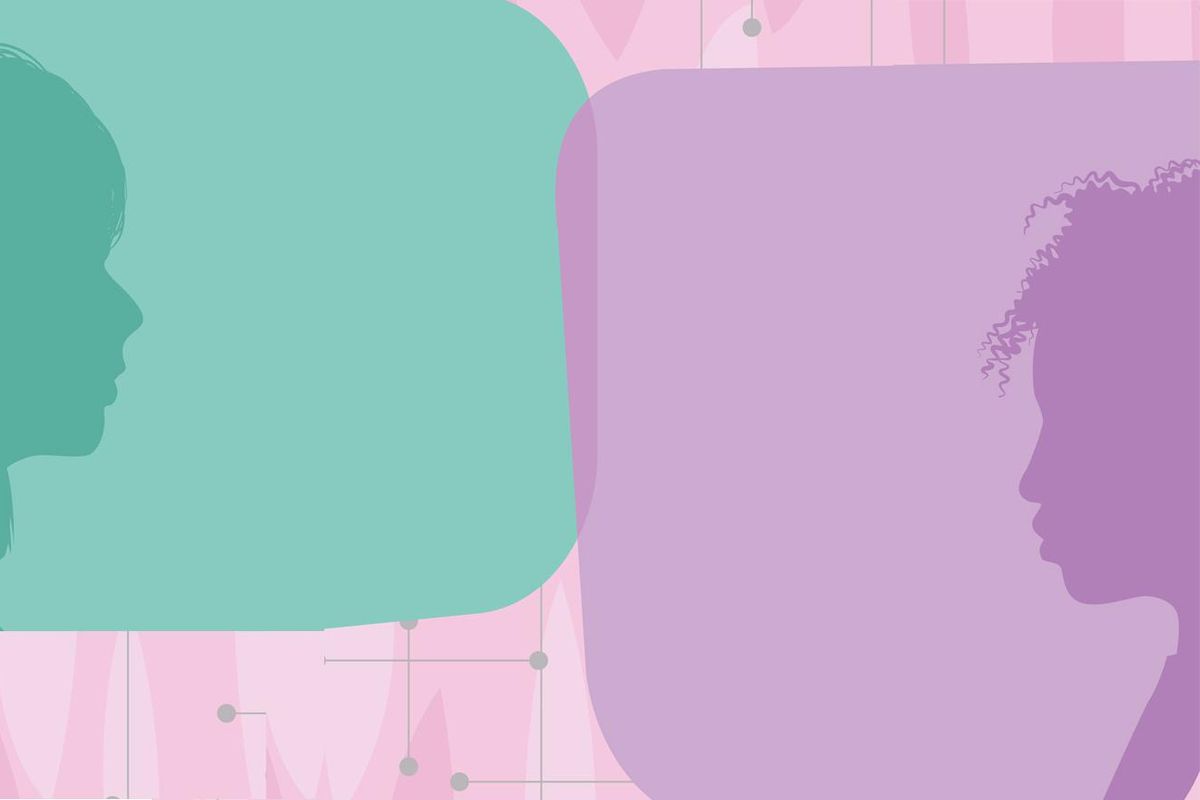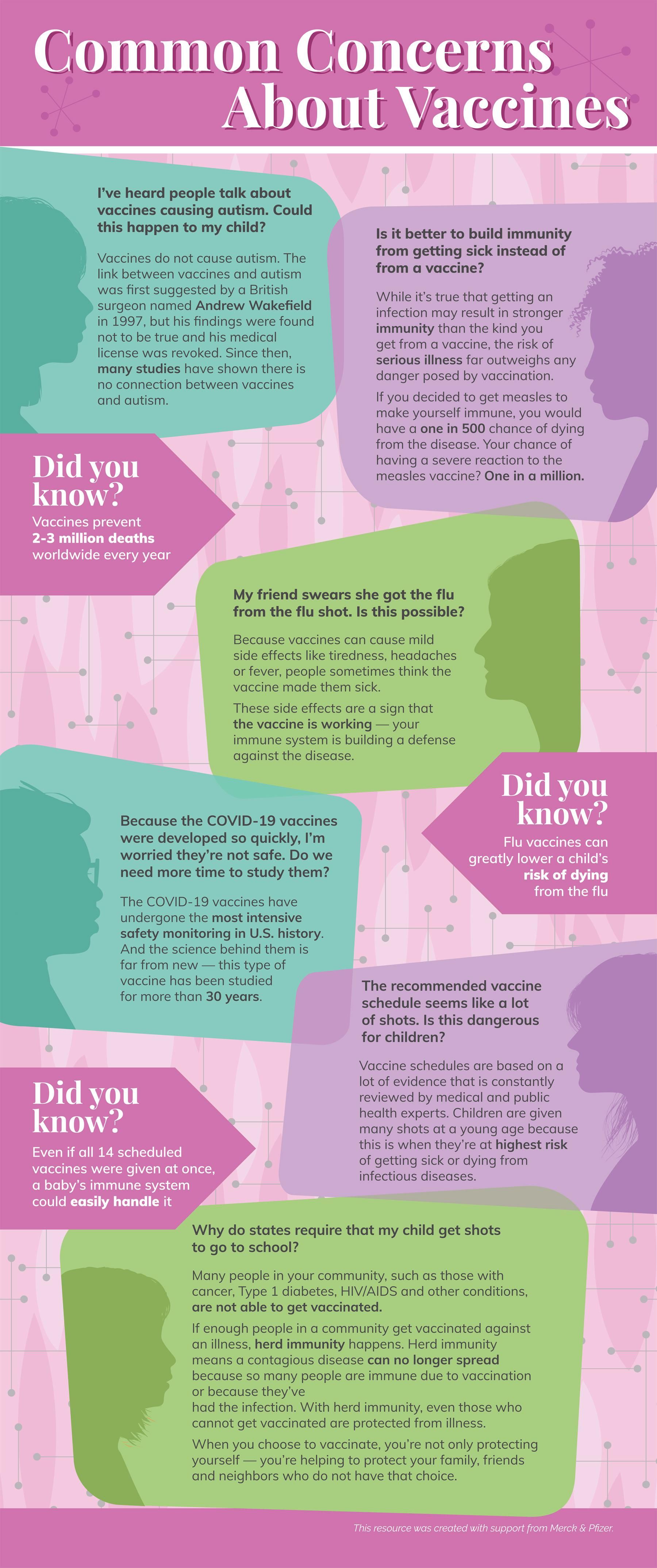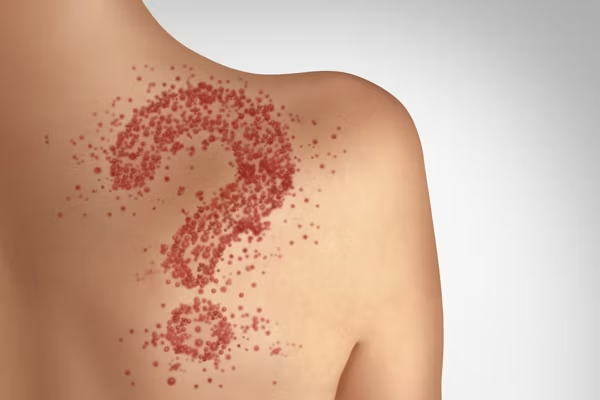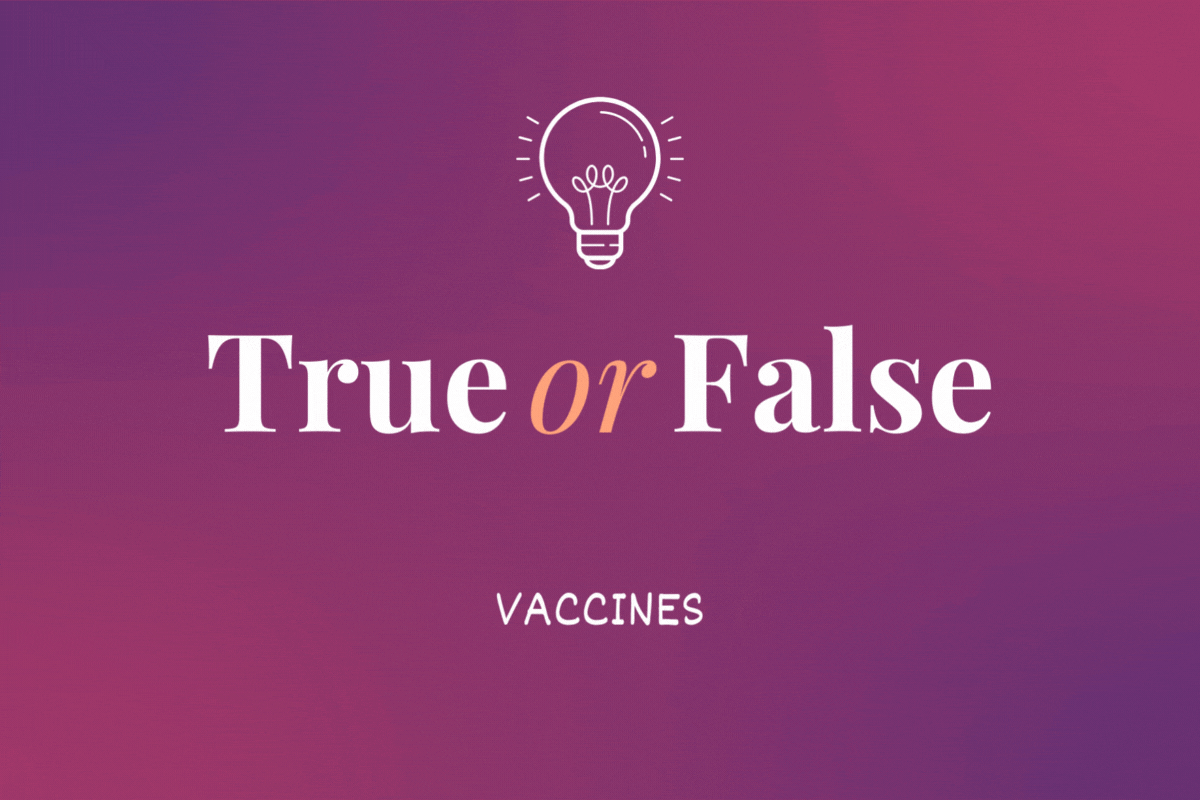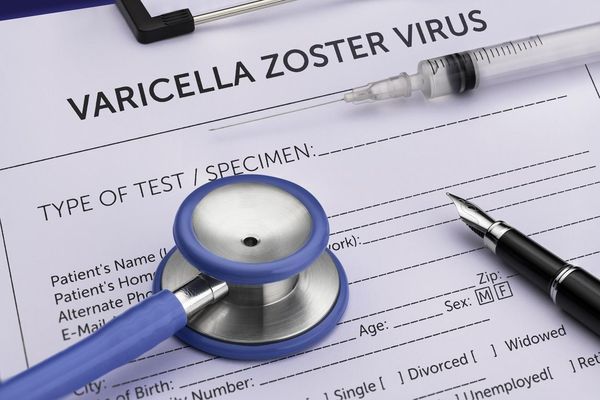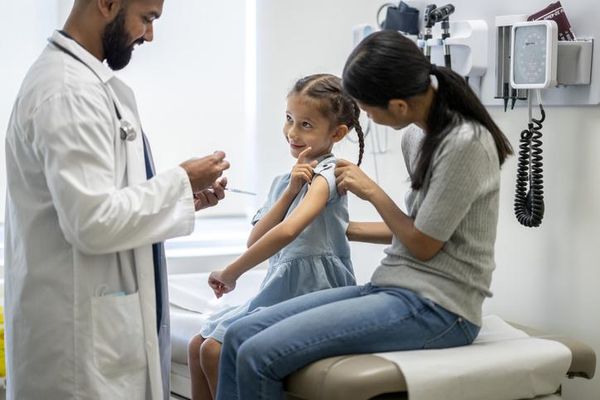I’ve heard people talk about vaccines causing autism. Could this happen to my child?
Vaccines do not cause autism. The link between vaccines and autism was first suggested by a British surgeon named Andrew Wakefield in 1997, but his findings were found not to be true and his medical license was revoked. Since then, many studies have shown there is no connection between vaccines and autism.
Is it better to build immunity from getting sick instead of from a vaccine?
While it’s true that getting an infection may result in stronger immunity than the kind you get from a vaccine, the risk of serious illness far outweighs any danger posed by vaccination.
If you decided to get measles to make yourself immune, you would have a one in 500 chance of dying from the disease. Your chance of having a severe reaction to the measles vaccine? One in a million.
Did you know? Vaccines prevent 2-3 million deaths worldwide every year
My friend swears she got the flu from the flu shot. Is this possible?
Because vaccines can cause mild side effects like tiredness, headaches or fever, people sometimes think the vaccine made them sick.
These side effects are a sign that the vaccine is working — your immune system is building a defense against the disease.
Did you know? Flu vaccines can greatly lower a child’s risk of dying from the flu
Because the COVID-19 vaccines were developed so quickly, I’m worried they’re not safe. Do we need more time to study them?
The COVID-19 vaccines have undergone the most intensive safety monitoring in U.S. history. And the science behind them is far from new — this type of vaccine has been studied for more than 30 years.
The recommended vaccine schedule seems like a lot of shots. Is this dangerous for kids?
Vaccine schedules are based on a lot of evidence that is constantly reviewed by medical and public health experts. Children are given many shots at a young age because this is when they’re at highest risk of getting sick or dying from infectious diseases.
Did you know? Even if all 14 scheduled vaccines were given at once, a baby’s immune system could easily handle it
Why do states require that my child get shots to go to school?
Many people in your community, such as those with cancer, Type 1 diabetes, HIV/AIDS and other conditions, are not able to get vaccinated.
If enough people in a community get vaccinated against an illness, herd immunity happens. Herd immunity means a contagious disease can no longer spread because so many people are immune due to vaccination or because they’ve had the infection. With herd immunity, even those who cannot get vaccinated are protected from illness.
When you choose to vaccinate, you’re not only protecting yourself. You’re helping to protect your family, friends and neighbors who do not have that choice.
This resource was created with support from Merck & Pfizer.

